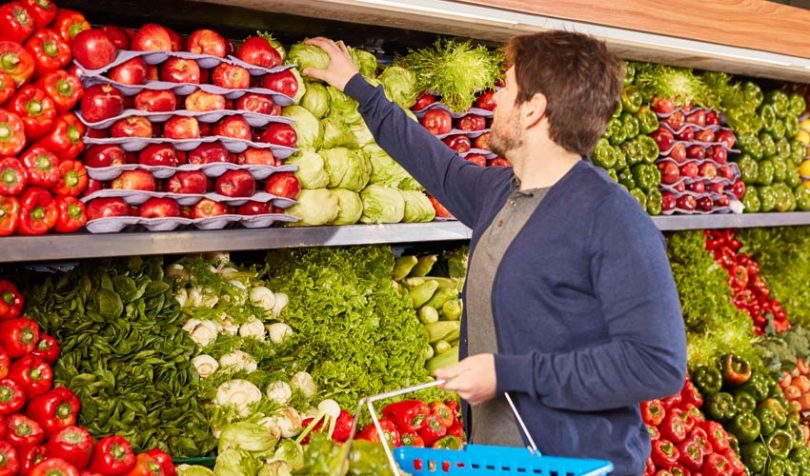The U.S. Food and Drug Administration (FDA) was planning to publish a blueprint on food safety when its attention turned to COVID-19. But the FDA’s leaders say that COVID-19 has accelerated the need for enhanced food traceability measures leveraging emerging technologies such as blockchain.
With numerous outbreaks of E.Coli in leafy greens in the past few years, food traceability tools are needed for fast recalls that minimize waste. “We knew that these new technologies could be game changers,” said Commissioner Stephen Hahn and Deputy Commissioner Frank Yiannas in a website article.
But what has happened during COVID-19 is both supply chain disruption and redirection. Supermarkets were initially overwhelmed by demand, but the food normally targeted at restaurants was wasted.
The FDA executives say that the same tools that help for recalls improve supply chain visibility and can help to mitigate this sort of food waste. “We believe a digitized food system is likely to be a stronger, more agile, and resilient food system,” says the duo.
While these tools may be common to both recalls and visibility, the FDA has extended its soon-to-be-published blueprint for additional issues highlighted by COVID-19. For example, it wants to enable virtual and remote food inspections and prescribe best practices for foods ordered online and delivered direct to consumers. With hygiene coming to the fore during the pandemic, the importance of a strong food safety culture is highlighted.
In late 2018 Yiannas joined the FDA from Walmart, where he was Vice President of Food Safety. While at Walmart, the retailer signed up to IBM’s Food Trust blockchain network. Yiannas imposed a series of deadlines requiring leafy green suppliers to implement blockchain traceability by September 2019.
The FDA has also overseen blockchain pilots for drug traceability, where many of the participants are adopting blockchain. We previously covered the results of the Mediledger and IBM pilots.






